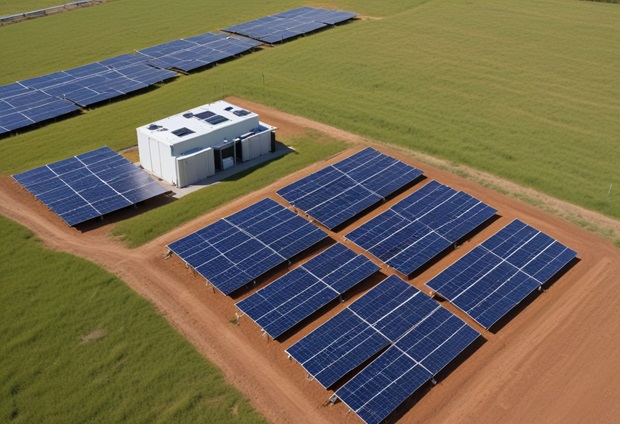Singtel, the telecom giant in Singapore, is on a mission to go green faster than ever before. Instead of waiting until 2050, they’ve set their sights on achieving net-zero emissions by 2045. But why the rush? Well, they’ve looked around the world and seen that others are moving faster – companies like Vodafone are aiming for 2040, while Verizon and AT&T are even more ambitious, targeting 2035. Singtel realized they needed to keep up, especially since their customers, including Singapore’s government, are also aiming for 2045. It’s not just about being green – it’s also good for business.
Their plan involves more than just words. They’re upgrading their technology, like focusing on artificial intelligence (AI), which they believe can help them grow their business while also being environmentally friendly. They’re even building data centers that are “AI-ready” to handle the increased demand for connectivity in emerging markets. But they know that more technology means more energy use, so they’re working hard to keep their emissions in check. They’re even implementing a carbon fee on projects that exceed certain emission limits, pushing their teams to find greener alternatives.
Singtel is also embracing renewable energy. They’re aiming to use 50% renewables in Singapore and Australia by 2030, a big jump from their current usage. But it’s not easy – installing solar panels in urban areas like Singapore is tough, and the energy output is still low. They’re also cautious about where they get their renewable energy certificates (RECs), making sure they meet the highest standards to avoid any accusations of “greenwashing.”
But Singtel isn’t just focusing on themselves – they’re also working with their partners across Asia to reduce their carbon footprint. They know that their investments in companies like Airtel and Globe contribute to their overall emissions, so they’re encouraging them to set their own green targets.
In the end, Singtel’s journey towards sustainability isn’t just about being green – it’s about staying competitive in a changing world. By embracing new technology, renewable energy, and working with their partners, they’re setting themselves up for success in a future where being green isn’t just a choice – it’s a necessity.

